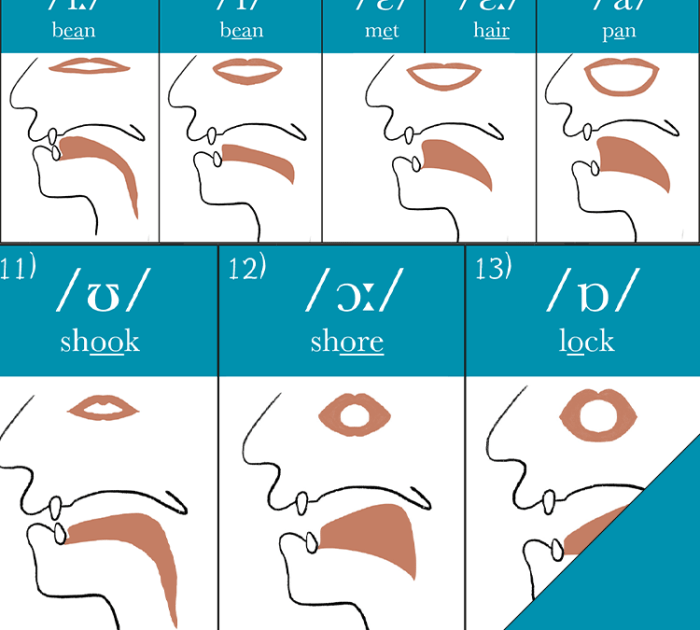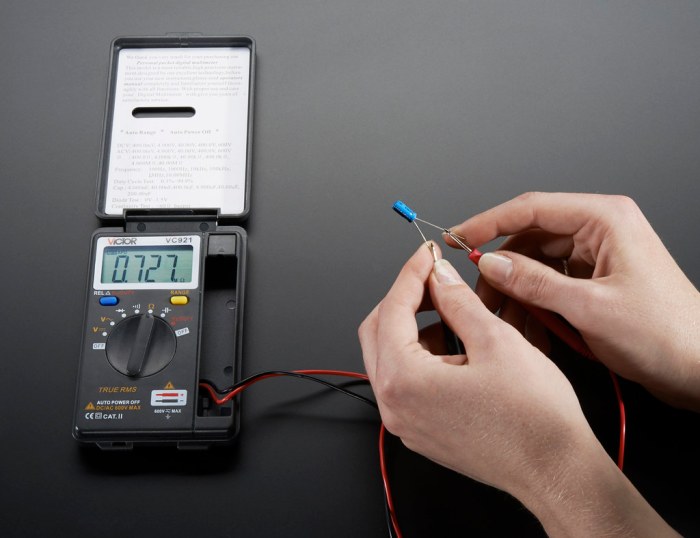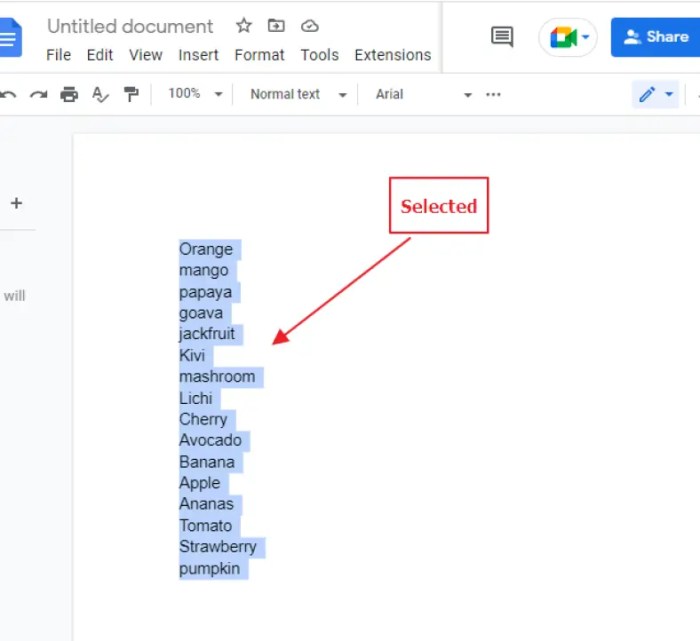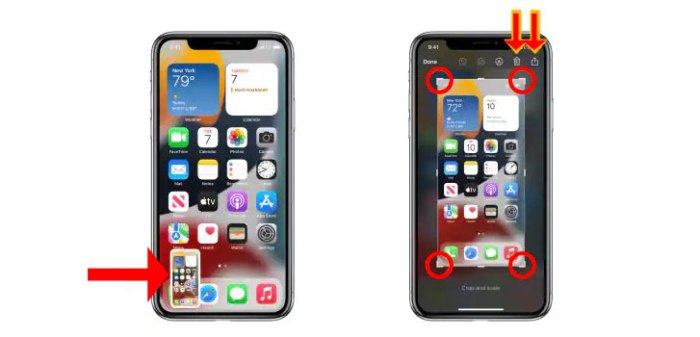
Éclat, a French word that translates to “radiance” or “brilliance,” is a term often used to describe something that exudes a captivating charm or distinction. Pronouncing this word correctly is essential for conveying its true meaning and elegance. In this guide, we will delve into the intricacies of pronouncing éclat, exploring its phonetic components, common mispronunciations, regional variations, and cultural significance.
Understanding the proper pronunciation of éclat not only enhances our linguistic accuracy but also allows us to fully appreciate the word’s inherent beauty and expressive power. As we embark on this journey, let us embrace the nuances of French pronunciation and discover the secrets to mastering the art of pronouncing éclat.
Pronunciation Guide

Pronunciation of “éclat” is a French word that means “brilliance” or “distinction.” It is pronounced with the accent on the last syllable, and the “é” is pronounced like the “a” in “cat.” The “t” is silent.
IPA Transcription
The International Phonetic Alphabet (IPA) transcription of “éclat” is /eɪˈklɑː/.
Placement of Accent Mark
The accent mark in “éclat” indicates that the stress is on the last syllable. This means that the last syllable is pronounced with a higher pitch and louder volume than the other syllables.
Common Mispronunciations
Despite its seemingly straightforward spelling, “éclat” can be a stumbling block for many English speakers. Several common mispronunciations arise due to various factors, including the silent “e” and the unfamiliar French vowel sound.
The most prevalent mispronunciation is replacing the correct French “a” sound with the English “ay” sound. This error occurs because English speakers tend to apply familiar pronunciation rules to unfamiliar words.
Incorrect Pronunciation:
- AY-klah
- EE-klah
- EH-klah
Correct Pronunciation:
- EH-kla
To avoid mispronunciations, focus on pronouncing the “a” as in “apple” and the “e” as silent. The emphasis should fall on the first syllable.
Regional Variations

The pronunciation of “éclat” can vary across different regions due to factors such as accent, dialect, and language background.
Standard French Pronunciation
In Standard French, “éclat” is pronounced with a closed “e” sound (as in “eh-clat”), followed by a hard “c” sound (as in “cat”) and a nasalized “a” sound (as in “ah”).
Variations
In some French-speaking regions, such as Southern France, the “e” sound may be more open (as in “eh-claw”). In other regions, such as Belgium, the “c” sound may be pronounced as a soft “s” (as in “eh-slah”).In English-speaking regions, the pronunciation of “éclat” may vary depending on the speaker’s familiarity with the French language.
Some English speakers may pronounce the word with a closed “e” sound and a hard “c” sound, while others may use a more open “e” sound and a soft “s” sound.
Influence on Meaning
The pronunciation of “éclat” can significantly impact its meaning. The subtle nuances and connotations associated with different pronunciations can convey distinct shades of meaning.
Impact on Connotation
Pronouncing “éclat” with a strong emphasis on the first syllable (EH-klah) conveys a sense of grandeur, brilliance, and triumph. This pronunciation is often used to describe remarkable achievements or spectacular displays of talent.
In contrast, pronouncing “éclat” with a more subdued emphasis on the first syllable (eh-KLAH) implies a more subtle or understated form of brilliance. This pronunciation is often used to describe qualities such as wit, charm, or elegance.
The choice of pronunciation can also affect the emotional tone of the word. Pronouncing “éclat” with a rising intonation conveys a sense of excitement or admiration, while a falling intonation implies a more measured or reflective response.
Historical Evolution

The pronunciation of “éclat” has evolved significantly over time, reflecting changes in both the French and English languages.
In Old French, the word was pronounced with a long “a” sound, similar to the “a” in “father.” This pronunciation was brought to England by the Normans in the 11th century and was used in English for several centuries.
18th Century
In the 18th century, the pronunciation of “éclat” began to change in both French and English. In French, the “a” sound became shorter and more centralized, while in English, the “a” sound became more like the “e” in “bet.”
19th Century
By the 19th century, the modern pronunciation of “éclat” was firmly established in both languages. In French, the word is now pronounced with a short, centralized “a” sound, while in English, it is pronounced with a short “e” sound.
Factors Contributing to Change
Several factors have contributed to the changes in the pronunciation of “éclat” over time. These include:
- The influence of other languages, such as Latin and Italian.
- Changes in the sound system of both French and English.
- The rise of standardized pronunciation in both languages.
Comparative Analysis
Comparing the pronunciation of “éclat” to other French words can shed light on its unique phonetic characteristics. Let’s examine its similarities and differences with some similar-sounding words.
Phonological Similarities
- “é” sound: Like many French words, “éclat” features the distinctive “é” sound, represented by the IPA symbol [e]. This sound is produced with the tongue positioned high and forward in the mouth, creating a clear and bright vowel.
- Nasal vowel: The “a” in “éclat” is pronounced as a nasal vowel, indicated by the tilde (~) in IPA [ɑ̃]. This means that air flows through the nose while producing the sound, giving it a slightly muffled quality.
Phonological Differences
- “t” sound: Unlike words like “étang” (pond) or “étroit” (narrow), “éclat” has a clear “t” sound at the end. This is due to the presence of a following consonant, which prevents the “t” from becoming silent.
- Stress: The stress in “éclat” falls on the first syllable, while in words like “état” (state) or “éclair” (lightning), the stress is on the second syllable. This difference in stress pattern contributes to the distinct pronunciation of “éclat.”
Reasons for Similarities and Differences
The similarities and differences in the pronunciation of “éclat” compared to other French words can be attributed to factors such as:
- Historical sound changes: The French language has undergone various sound changes over time, which have influenced the pronunciation of certain words. For example, the “t” sound in “éclat” is a result of a sound change that occurred in certain contexts.
- Regional variations: Different regions of France have their own unique pronunciations of certain words, including “éclat.” These variations can be influenced by factors such as historical migrations, cultural influences, and geographical isolation.
Impact on Language Learning
Pronunciation is crucial for language learners as it affects comprehension, fluency, and confidence. Pronouncing “éclat” correctly can be challenging due to its unique French pronunciation.
Challenges in Pronouncing “éclat”
- Silent letters: The letter “t” is silent, making the pronunciation “ay-kla.”
- Accent: The accent falls on the last syllable, requiring a slight emphasis on “kla.”
- Nasalization: The final “n” is nasalized, giving it a subtle humming sound.
Tips for Effective Pronunciation Practice
- Listen and repeat: Listen to native speakers pronouncing “éclat” and try to imitate their pronunciation.
- Use online resources: Utilize pronunciation dictionaries or websites to hear the correct pronunciation.
- Practice speaking: Engage in conversations with native speakers or language partners to improve pronunciation.
- Break it down: Practice pronouncing each syllable individually before combining them.
- Record yourself: Record your pronunciation and compare it to native speakers to identify areas for improvement.
Cultural Significance

In French culture, “éclat” holds significant cultural significance, representing brilliance, distinction, and triumph. Its use permeates various artistic expressions, adding depth and nuance to their messages.
Literature
In French literature, “éclat” is often employed to describe exceptional brilliance or grandeur. For instance, in Victor Hugo’s “Les Misérables,” the character of Jean Valjean experiences a profound transformation, which is described as an “éclat de lumière” (burst of light), symbolizing his newfound hope and redemption.
Music
French music frequently incorporates “éclat” to convey moments of brilliance and triumph. In the works of Claude Debussy, “éclat” is often associated with the shimmering and iridescent qualities of light, evoking a sense of ethereal beauty.
Other Artistic Expressions
Beyond literature and music, “éclat” finds expression in other artistic forms as well. In painting, it may describe the vibrant luminosity of colors, while in dance, it captures the dazzling virtuosity of performers.
Pronunciation and Cultural Meaning
The pronunciation of “éclat” further contributes to its cultural significance. The French “é” sound, pronounced as in “tête,” conveys a sense of sharpness and precision, reflecting the brilliance and distinction associated with the word.
Table of Pronunciation Examples
To further illustrate the pronunciation variations of “éclat,” we provide a table with examples of sentences or phrases containing the word, along with their phonetic transcriptions.
The table is organized by pronunciation variation or context, showcasing the different ways in which “éclat” can be pronounced in different contexts.
Standard Pronunciation
- Sentence: The ballerina’s performance was filled with éclat.
Phonetic transcription: /eɪˈklɑː/ - Phrase: With great éclat, the artist unveiled their masterpiece.
Phonetic transcription: /eɪˈklɑː/
Alternative Pronunciation
- Sentence: The politician’s speech was delivered with éclat.
Phonetic transcription: /eɪˈkleɪ/ - Phrase: The team’s victory was met with éclat.
Phonetic transcription: /eɪˈkleɪ/
Contextual Variation
- Sentence: The party was a social éclat.
Phonetic transcription: /eɪˈkleɪ/
Context: Here, “éclat” refers to a social event or gathering. - Phrase: The diamond necklace had a subtle éclat.
Phonetic transcription: /eɪˈklɑː/
Context: In this case, “éclat” describes the sparkle or brilliance of the diamond.
Interactive Pronunciation Guide
An interactive pronunciation guide can be a valuable tool for improving your pronunciation of “éclat.” Here are some key elements to consider when designing an interactive pronunciation guide:
Visual Representation: Provide a visual representation of the word’s pronunciation using the International Phonetic Alphabet (IPA). This can help learners see how the word is pronounced and identify any potential areas of difficulty.
Audio Playback
Allow users to hear the correct pronunciation of “éclat” by providing audio playback. This can be done through a recording of a native speaker or by using a text-to-speech tool.
Practice Exercises
Include exercises that allow users to practice and improve their pronunciation skills. This can include exercises such as repeating the word after the audio playback, recording themselves pronouncing the word, and receiving feedback on their pronunciation.
Last Recap
In conclusion, pronouncing éclat correctly is a testament to our respect for the French language and its rich cultural heritage. By understanding the phonetic intricacies, avoiding common pitfalls, and embracing regional variations, we can unlock the true radiance of this word.
Whether in conversation, literature, or artistic expression, the ability to pronounce éclat with precision adds a touch of sophistication and authenticity to our communication. May this guide serve as a valuable resource in your pursuit of linguistic excellence.






